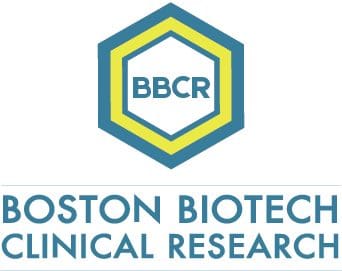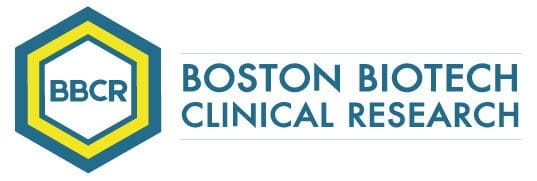Duchenne Muscular Dystrophy is the most common fatal genetic disorder to affect children around the world.
The first patient, a six year old boy, received, in November 2021, an infusion of DT-DEC01, a novel cell therapy containing Dystrophin Expressing Chimeric Cells (DEC), in Phase I pilot clinical study for the treatment of Duchenne muscular dystrophy (DMD).
Affected children can’t produce dystrophin, a protein needed to build up muscles. As a result, every muscle in the body deteriorates. Although we know a lot about how Duchenne is caused, current treatments are pretty limited.
Dystrophin producing cells that can engraft in the patient’s muscles (such as heart, diaphragm, skeletal muscles) and, as demonstrated increasing dystrophin levels. Increased dystrophin levels have been shown to correlate with improved functional outcomes.
Screening and enrolment of patients is expected to continue over the course of the next 12 months in the European Union, with data from this trial expected once patients have been evaluated for one full year post-treatment.

Specializing in rare disease, Boston Biotech Clinical Research works with biotech, pharmaceutical, device companies and investors to streamline the clinical trial process. Our experienced team helps each client reach their specific goals by customizing a clinical and regulatory road map of simplified programs and streamlined protocols to meet our clients’ requirements.

